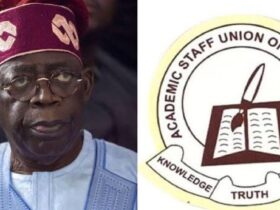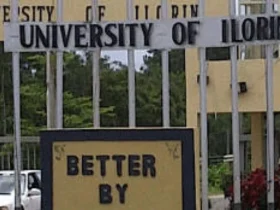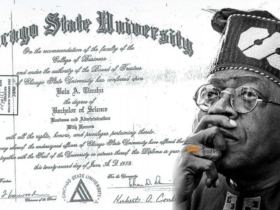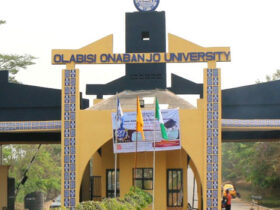According to Abubakar Fulata, a Nigerian legislator, primary school teachers have to receive a monthly wage of at least N250,000.
Mr Fulata, the chairman of the House Committee on Universal Education, made this statement during a one-day National Stakeholders Workshop on the Development of a Roadmap for the Nigerian Education Sector (2023-2027) hosted by the Federal Ministry of Education in Abuja on Thursday.
Fulata recommended that if Nigeria is serious about achieving quality education, the government allocate at least 25% or 30% of the country’s budget to education. He also recommended that secondary teachers and lecturers receive salaries of at least N500,000 and N1,000,000, respectively.
He said, ’If you want quality education, you must pay them to teach your children very well. Teachers must also be encouraged, as it is obtained in other cultures.
“The nation must declare a state of emergency in education. We must commit at least 25 percent or 30 percent of our national budget to education.”
The Minister of Education, Prof. Tahir Mamman, underlined that something needed to be done in line with the president’s objective since the educational system cannot continue in this manner. Despite the fact that the vision is present and that it has always been a challenge to bridge the gap between the mission and vision and what is actually occurring on the ground,
According to Professor Mamman, graduates’ high unemployment rate can be attributed to the poor quality of education they receive, which does not provide them with the skills required for the workplace. He claims that because the graduates being created are viewed as unemployed, businesses have continued to voice their displeasure with the graduates being produced.
The minister highlighted that the workshop’s goal was to develop a plan for resolving the issues that were currently being faced. He highlighted the seriousness of the situation, saying they had a finite amount of time to come up with a strategy that would successfully overhaul the education sector, starting at the elementary level and continuing through postsecondary education.
“Our education system is not connected to our society or our economy; we cannot say for certain that we are key contributors, either locally or globally, to the ideas that push societies forward.
When we receive briefings from agencies, we will see fantastic policies on education, but the problem is that our people do not see those policies on the ground; they are not seeing the problem addressed and no longer seeing the value of sending their children to school.”








Leave a Reply